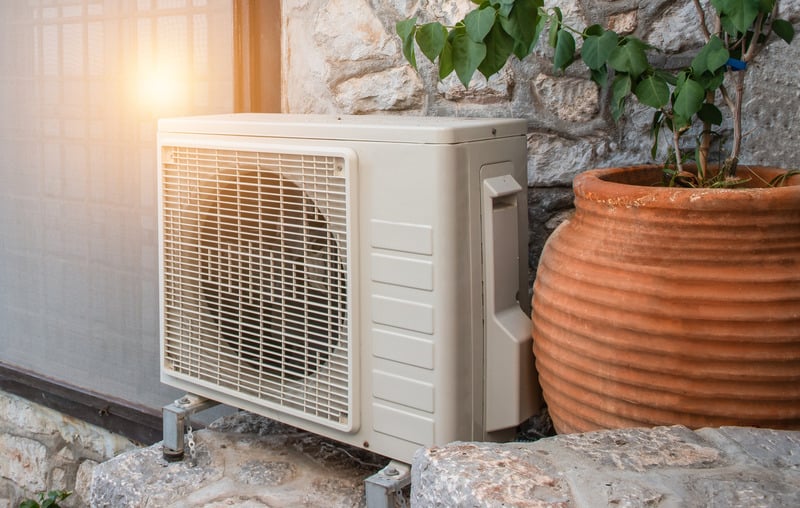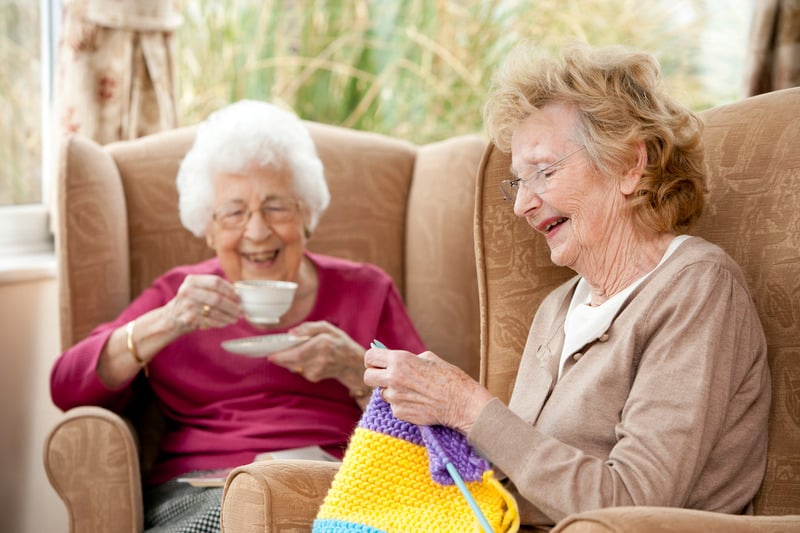
This month’s guest blog is written by David Lyons Whyte from Switched On London.
As we get older, comfort, safety, saving money, and environmental considerations become more important in our homes. That’s why more and more older adults are turning to heat pumps as a modern solution for heating. Heat pumps are energy-efficient systems that keep your home warm when you need it, without the high costs or hassle of traditional heating systems. They work by extracting ‘free’ heat from the ambient air outside, using a small amount of electricity to amplify it and warm your home. This makes them highly efficient and much cleaner than traditional fossil fuel systems and will contribute to the country meeting the Government’s net zero targets and future proof your home as natural gas is phased out.
Another big advantage is that heat pumps maintain a more stable indoor temperature. Instead of the highs and lows you might get with older systems—where it’s too hot one moment and chilly the next—heat pumps provide gentle, steady warmth throughout the day. This not only improves comfort but also uses energy more efficiently, helping you save on bills over time.
Unlike gas boilers or electric heaters, heat pumps are safer—no risk of gas leaks or carbon monoxide—and much quieter, creating a more peaceful home environment. Once installed, they require very little maintenance, which is ideal for anyone who prefers simple living.
Here are some examples of why people decided a heat pump was the right choice for their home and situation:
- George and Linda, 68 & 70 (downsized to a smaller home):
“We moved to a smaller home after retirement. The heat pump keeps it warm without any fuss. It’s quiet and easy to use, and the temperature stays just right.”
- Anita, 75 (living alone):
“I wanted something reliable. With my new heat pump, I feel safe – no gas, no open flames – and it works even on cold days. The heat stays constant and comfortable.”
- Ron, 80 (environmental concerns):
“I wanted to reduce my carbon footprint for my grandchildren’s future. The heat pump helps me do that, and I still stay warm.”
Heat pumps are not just for new homes – they can be a fantastic upgrade for those looking for comfort, safety, steady warmth, and savings. They also help reduce carbon emissions, making them a cleaner alternative that helps protect the environment for future generations. And with £7,500 in grants available through the Boiler Upgrade Scheme, it’s now more affordable than ever to make the switch. It’s well worth exploring whether a heat pump could make life easier and more sustainable in your home.














